The 2023 proxy season was a whirlwind for shareholders. From the attacks on responsible investment from the right to the conflict between Russia and Ukraine, one thing that remained consistent through the noise is that the climate is now more of a priority than ever. This comes as no surprise following major climate-related disasters in the past six months alone like the floods in Libya and extreme weather in Europe over the summer.
One trend we are currently seeing is that some pension funds are taking exemplary steps in tackling systemic climate risk. This year, some pension funds took responsibility and acknowledged their part in achieving sustainability goals by voting in favor of climate-related resolutions at shareholder meetings. These proposals increasingly require companies to commit to key climate actions, including fossil fuel phase-outs, emission reduction targets, and Paris-aligned transition plans, with the promise of escalation should companies fail to adapt.
Meanwhile, others’ failing to rise to the challenge threatens their ability to fulfill their financial responsibilities to shareholders. By failing to adapt policy and practice to the urgency of the climate crisis, pension funds are increasing exposure to financial risk, and also lagging as competitors within a growing field of leaders who see the benefit of aligning business to the fast-unfolding and inevitable global transition.
Looking at the world’s largest pension funds
Pension funds across the globe, like California’s CalPERS, Korea’s National Pension Service (NPS) and the Norwegian Oil Fund, have trailed behind their peers with their continued support of the fossil fuel industry, even after making climate commitments. At a number of annual general meetings this year, these pension funds voted against critical shareholder resolutions on climate, instead choosing to side with company management, backing the status quo.
In May 2023, the California State Senate took the first step in passing the Fossil Fuel Divestment Bill (SB252), which will be considered by the California State Assembly in a two-year legislative session beginning in 2024. The bill limits California’s pension funds from investing in new fossil fuel infrastructure and requires the pension funds to divest from any existing fossil fuel holdings by 2030.
Due to increased climate concerns, Californians have expressed overwhelming public support for the bill and divestment; the L.A. Times has even published an editorial encouraging the state’s pension funds to divest as a matter of fulfilling fiduciary duty rather than a moral obligation.
“This divestment legislation is the right step, not only on moral grounds but because it’s financially prudent. In a world where the effects of climate change are intensifying, the necessary and accelerating shift to renewable energy makes these investments too volatile and risky to hold onto long-term.” – L.A. Times
CalPERS opposes the bill, citing that it believes in ongoing engagement. Still, the pension’s record of weak engagement is not an acceptable alternative to divesting. CalPERS needs to show that they are willing to meaningfully engage and escalate and that engaging with fossil fuel companies is effective, something yet to be proven. Otherwise, there is no justification for investing in risky fossil fuel businesses.
The Norwegian Oil Fund, managed by Norges Bank, is Europe’s largest pension fund. In 2022, it announced a new climate action plan. A key part of the climate action plan included how the pension fund will develop an ‘engage to change’-approach to push its portfolio to task. As part of this approach, the pension fund expects all the high-emitting companies within its portfolio to set time-bound targets, improved disclosures, and transition plans. Companies that fail to sufficiently tackle climate change in line with the action plan will be excluded from the fund.
In an example of taking one step forward and two steps back, the Norwegian Oil Fund pre-declared its support for shareholder resolutions at major oil and gas companies such as Chevron and ExxonMobil. In doing so, the Norwegian Oil Fund opposed the recommendation made by the board of directors to vote against the resolution. Despite pre-declaring voting intentions at Chevron and ExxonMobil, the pension fund remains Europe’s largest funder of coal, with over $9 billion invested across 71 companies in the sector. The fund also voted against the shareholder resolution proposed at B.P. and provided no rationale regarding the decision. Instead of using this opportunity to prove its commitment to climate action, the pension fund failed to rise to expectations.
Furthermore, as the third largest investor in Shell, the Norwegian Oil Fund has failed to respond to calls for action from frontline communities in the Niger Delta, who have been devastated by Shell’s activities.
Despite Korea’s NPS being the third-largest pension fund in the world, they’ve yet to make much progress on climate. In 2021, NPS declared it would limit its investments in the coal industry and coal-fired plants to help reduce emissions. However, it has been radio silence since then until the NPS announced that it will start considering climate change as part of its wider company investment strategies in March 2023.
As some of the most significant global pension funds, these three are in a prime position to shepherd asset owners through climate transition, yet their ambition could be more robust or more consistent at best.
It’s time for these institutions to look at their peers’ behavior in 2023, emulate and start setting an example for the global financial system to help protect themselves and pension holders from financial risk.
Who’s pre-declaring what?
Before voting begins at annual general meetings, many financial institutions pre-declare their voting intention to show their stance on climate-related issues.
In 2023, we saw the Dutch pension fund AkademikerPension pre-declare their voting intention against the chair of Nordea Bank due to the bank’s “deficient” climate plan. This came after the pension fund developed a voting policy that withdrew support for management at high- and medium-emitting companies failing to develop strategies aligned with net-zero pathways.
Similarly, Legal and General Investment Management (LGIM) announced pre-declarations at major US bank AGMs. LGIM’s support included voting in favor of shareholder resolutions brought forward by the New York City Comptroller at Royal Bank of Canada (RBC), Toronto-Dominion Bank, Citigroup, Bank of America, Wells Fargo, Goldman Sachs, JPMorgan Chase, and Morgan Stanley.
Which pension funds set an example for the climate in 2023?
New York City Comptroller Brad Lander applied ground-breaking pressure as the manager of five pension funds in New York City, including the fourth largest pension fund in the U.S. The New York City funds filed resolutions calling for absolute emissions reductions across oil and gas financing at major North American banks such as Bank of America, JPMorgan, Goldman Sachs, and Royal Bank of Canada.
These resolutions called on banks to develop protocols for disclosing absolute emissions reduction targets and developing time-bound fossil fuel phase-out policies. In doing so, the pension funds reiterated the urgency to tackle the climate crisis and challenged the financial industry’s lack of action in responding.
We’ve also seen AkademikerPension take the helm by co-filing a shareholder resolution with Norway’s Storebrand Asset Management and Dutch pension investment company APG Asset Management at Toyota. The resolution called for an annual report that contains in-depth details about the automaker’s lobbying activity, including whether such lobbying reduces systemic climate risk.
“We’re concerned that Toyota is missing out on profits from soaring E.V. sales, jeopardizing its valuable brand and cementing its global laggard status,” – Anders Schelde, Chief Investment Officer, AkademikerPension
The New York City Comptroller and CalPERS took a similar approach at Toyota by voting against the re-election of chairman Akio Toyoda. This is an example of taking action to the next level, by escalating voting behavior from supporting climate resolutions encouraging change to challenging company management for the lack of clear direction towards climate action.
Winding Down Fossil Fuel Investment
Where action from companies was too slow, some pension funds opted for divestment as a final solution. The Church of England’s Pensions Board announced in June 2023 that it would divest from oil majors due to little movement on the climate despite ongoing engagement for over a decade.
The Pensions Board cited a clear misalignment between its internal goals and the “continued investment in companies seeking short-term profit maximization at the expense of the ambition needed to achieve the goals of the Paris Agreement.”
The Pensions Board has decided to focus on demanding more from policy-makers and high-emitting industries, like aviation, utilities, steel, and automakers, that underpin oil and gas companies through their driving up demand for gas and oil.
Dutch pension fund ABP announced in 2021 that it would be divesting from the fossil fuel industry, cutting $16.3 billion in fossil fuel investments starting this year. ABP has also demonstrated active stewardship by applying further pressure on banks, stating they could exit the sector if they fail to align with net-zero targets.
So what’s next for pension funds?
The recent 2023 proxy voting season showcased the power of actions like pre-declarations, with some pension funds such as AkademikerPension, the New York City Comptroller and the Church of England Pensions Board leading the pack and performing miles ahead while others like CalPERS and the Norwegian Oil Fund remaining laggards in the race to net zero with no standardized approach to tackling the climate crisis.
To truly advance climate action to a higher level, all pension funds must embrace dynamic strategies to address the climate crisis. This is to mitigate further impacts of the climate crisis and financial risk stemming from continued investment in fossil fuels.
By harnessing their influence, leading pension funds such as CalPERS, the Norwegian Oil Fund, and the NPS possess the potential to exert significant influence and serve as potent catalysts for driving climate action – should they choose to follow in the footsteps of their peers.








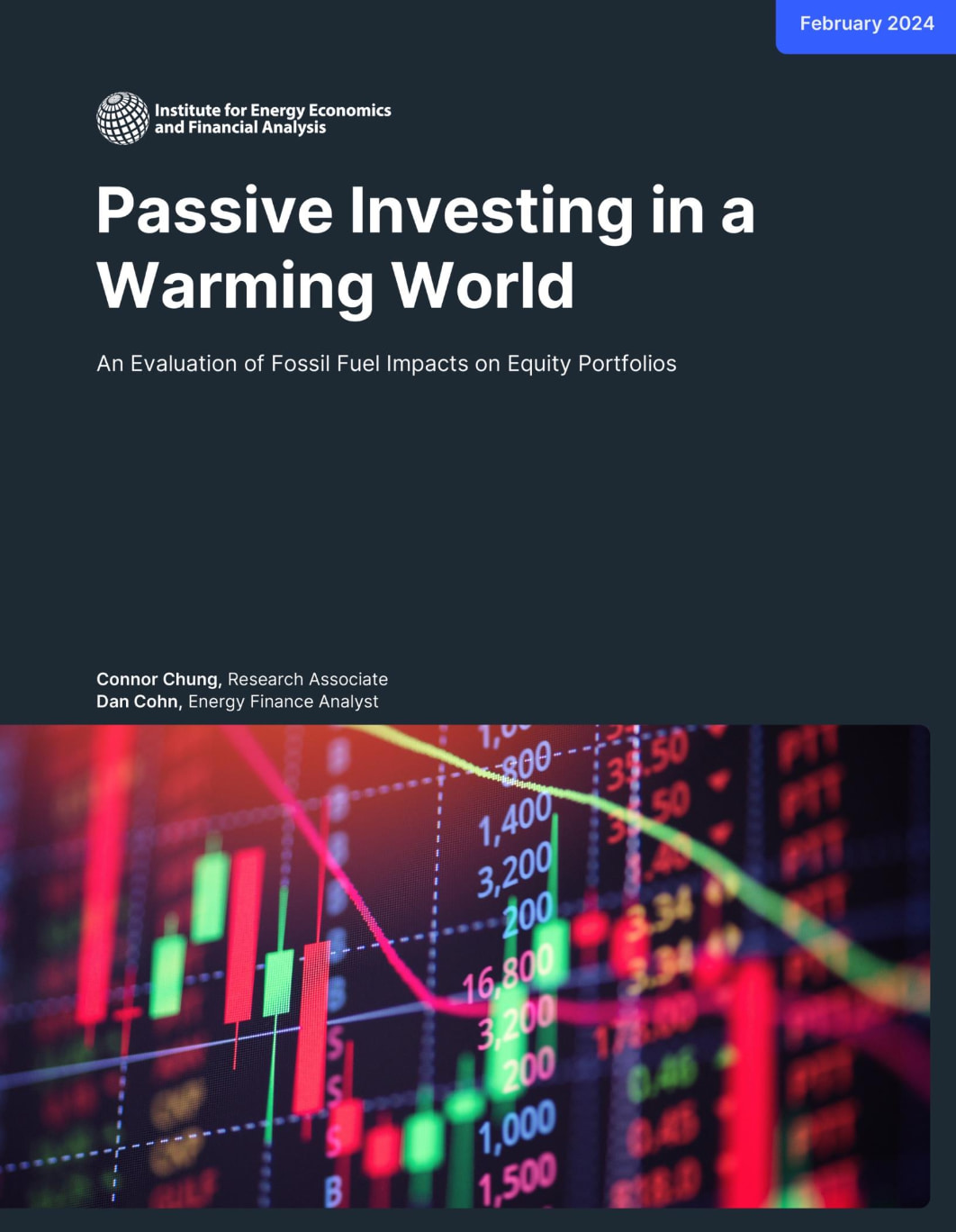

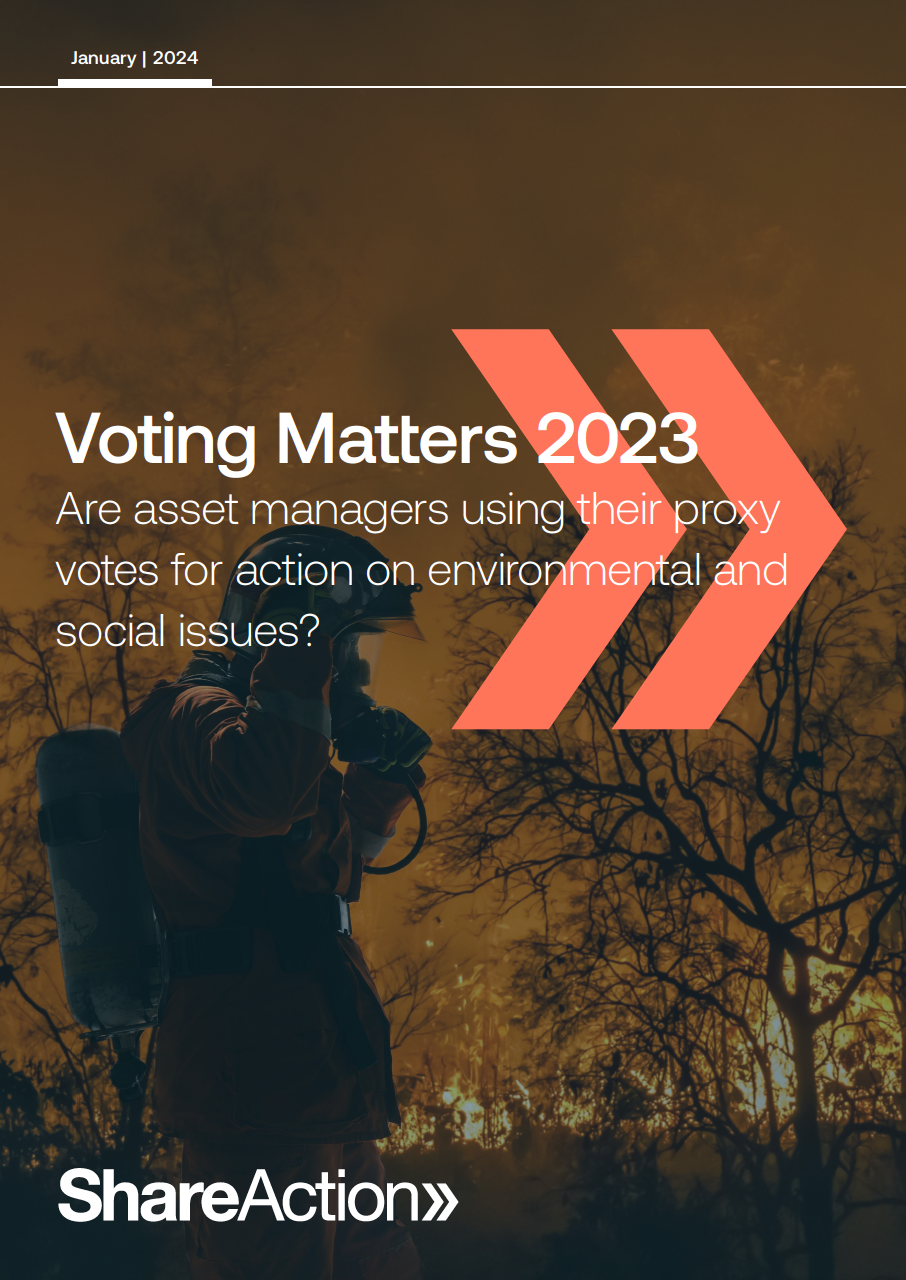










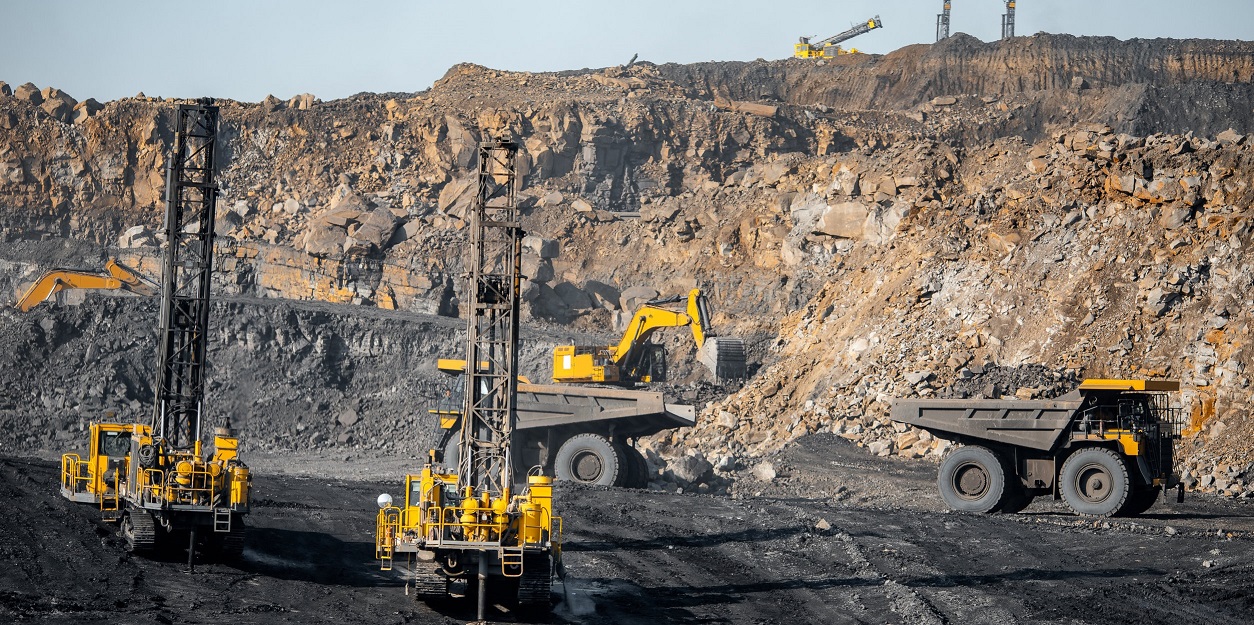





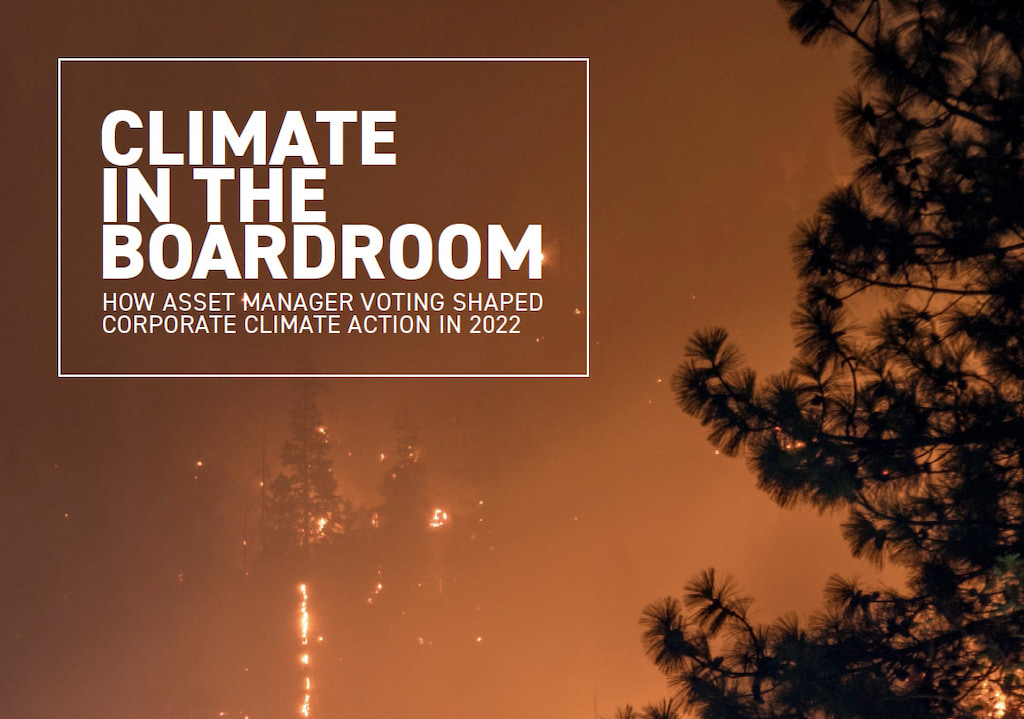

















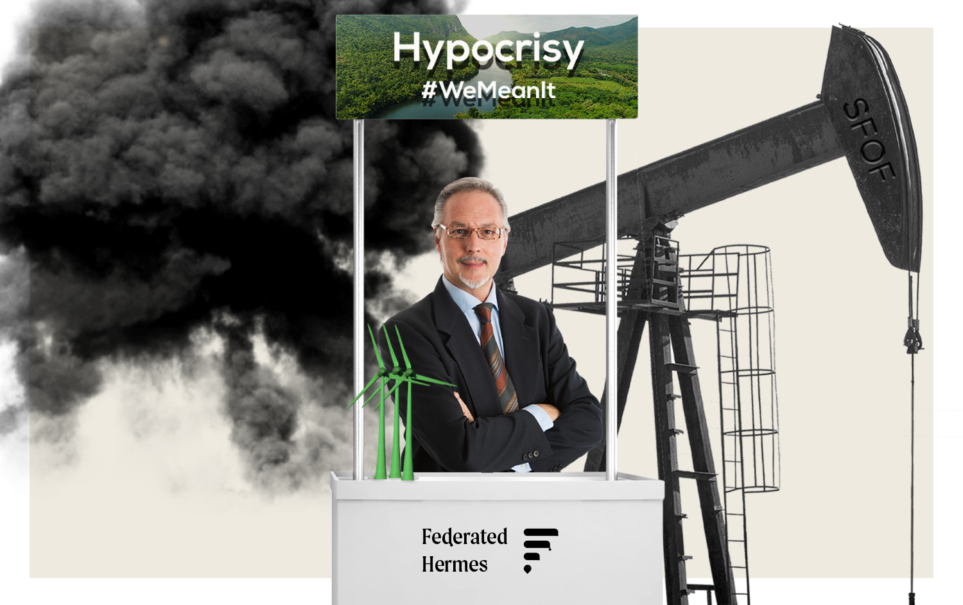














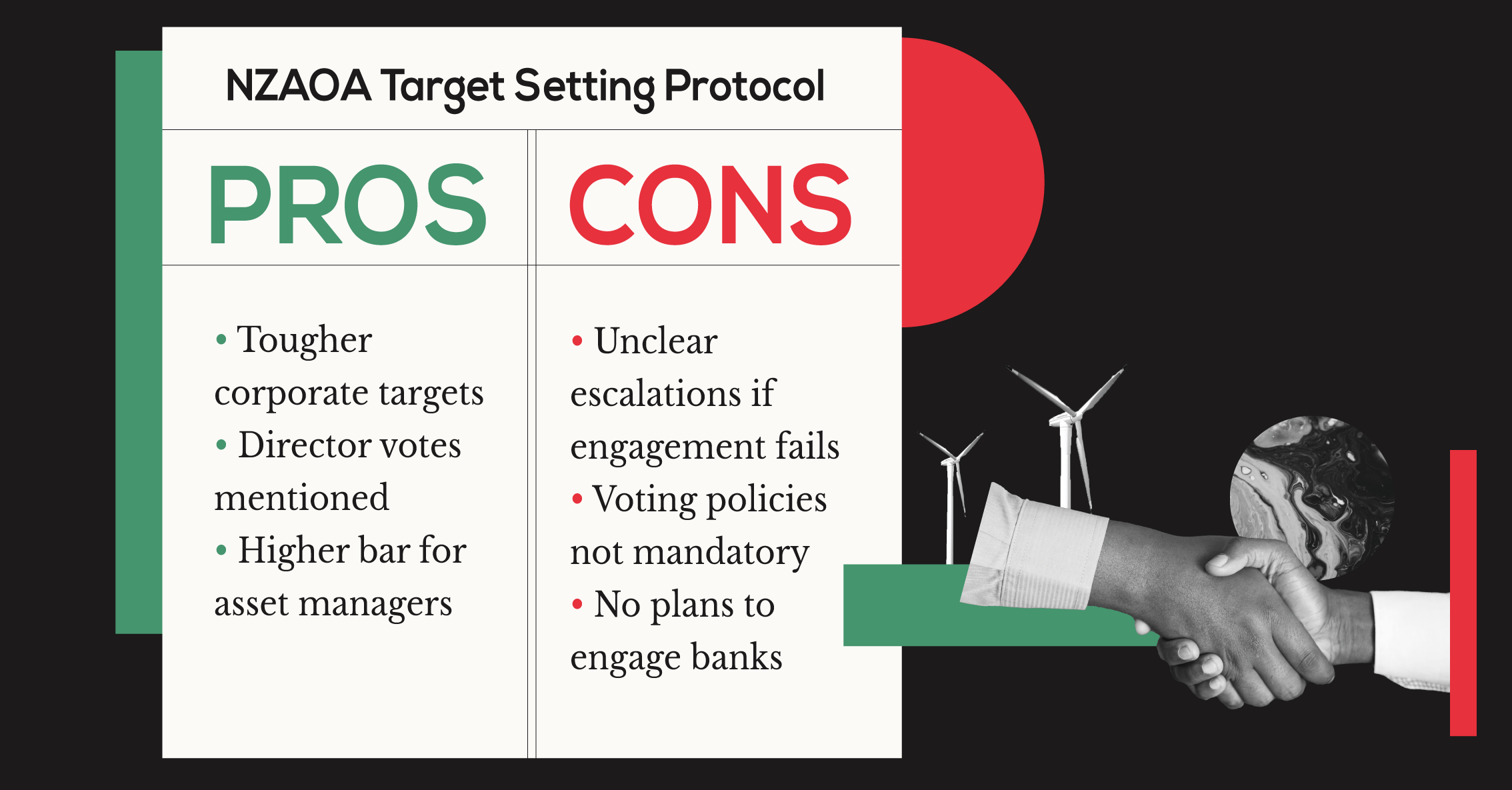
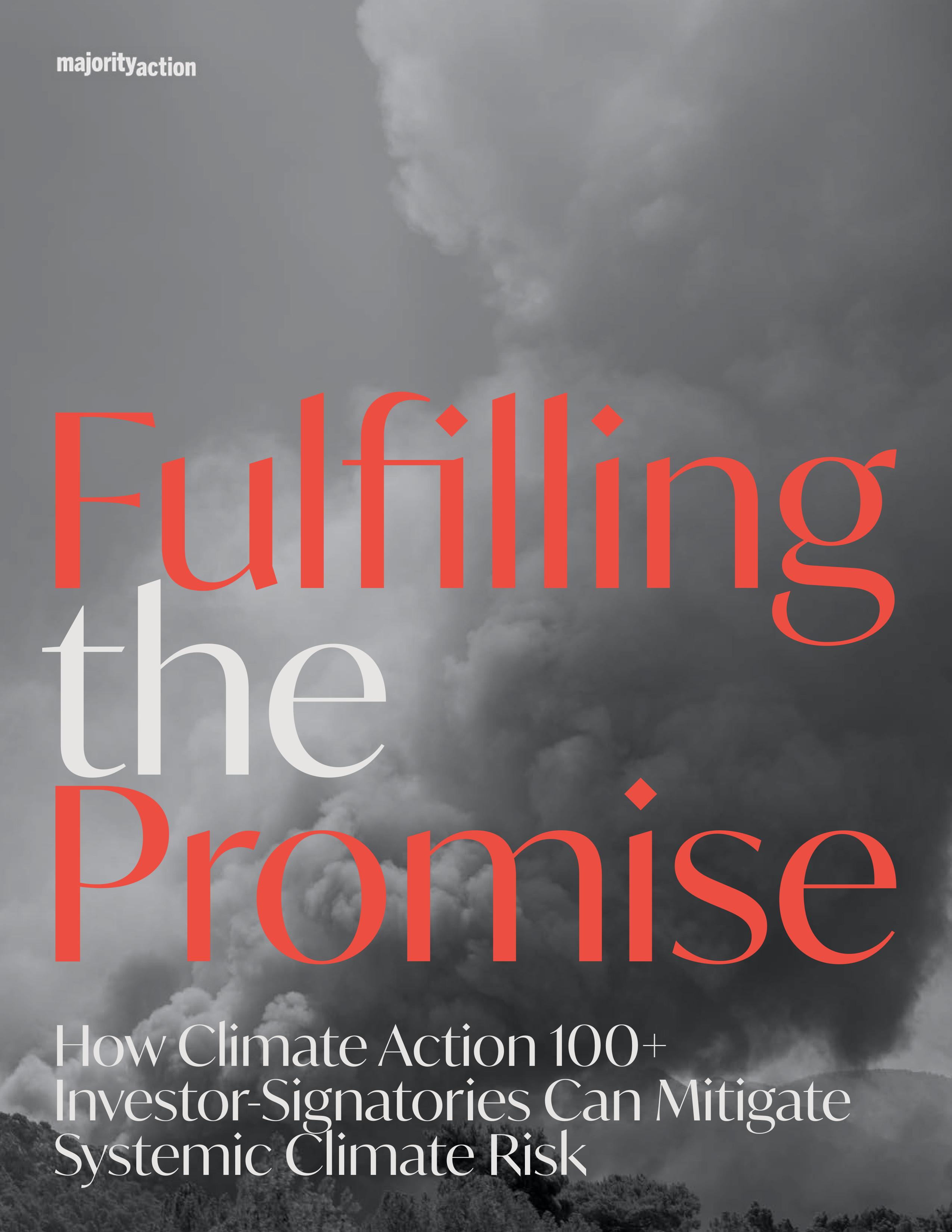
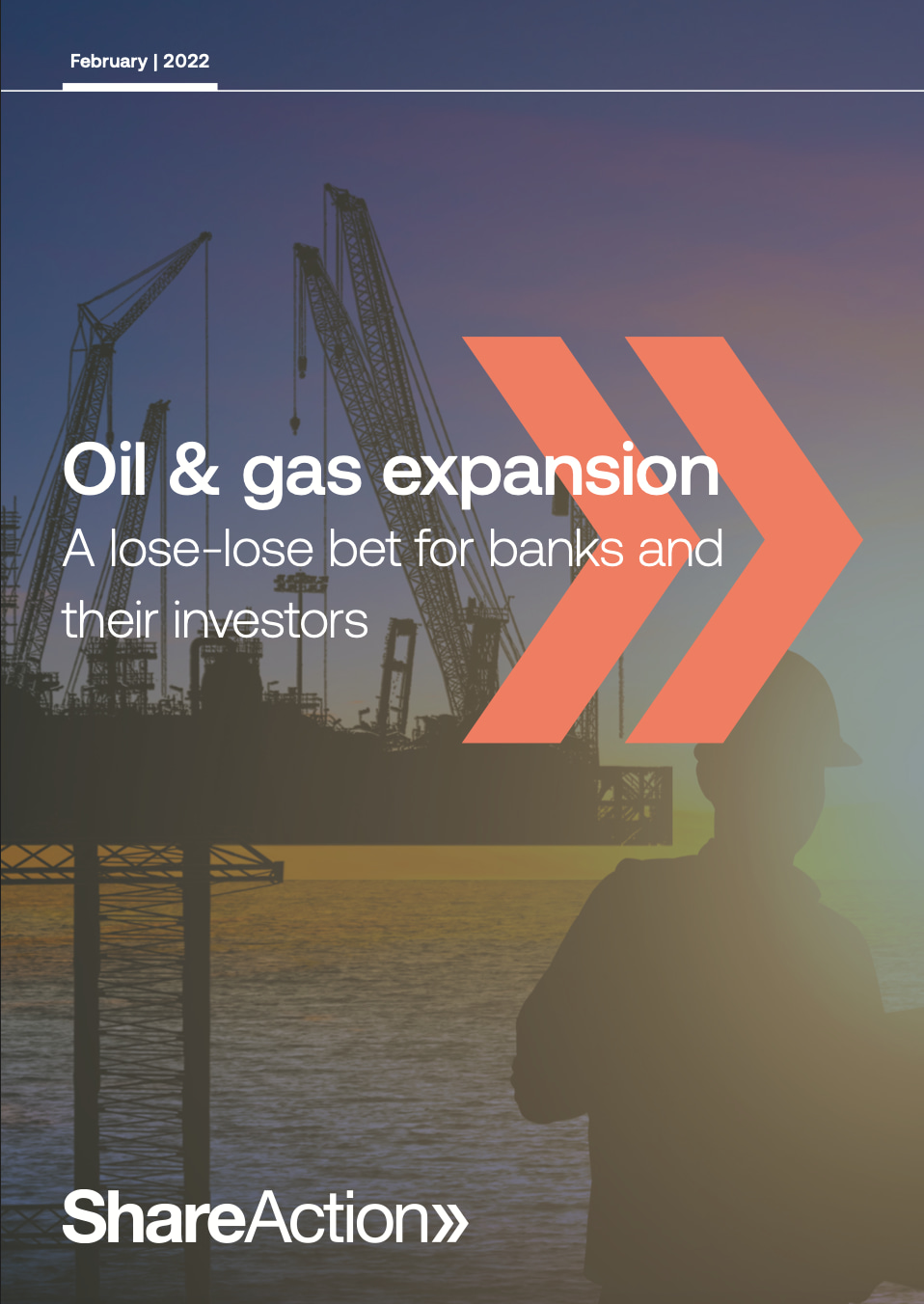

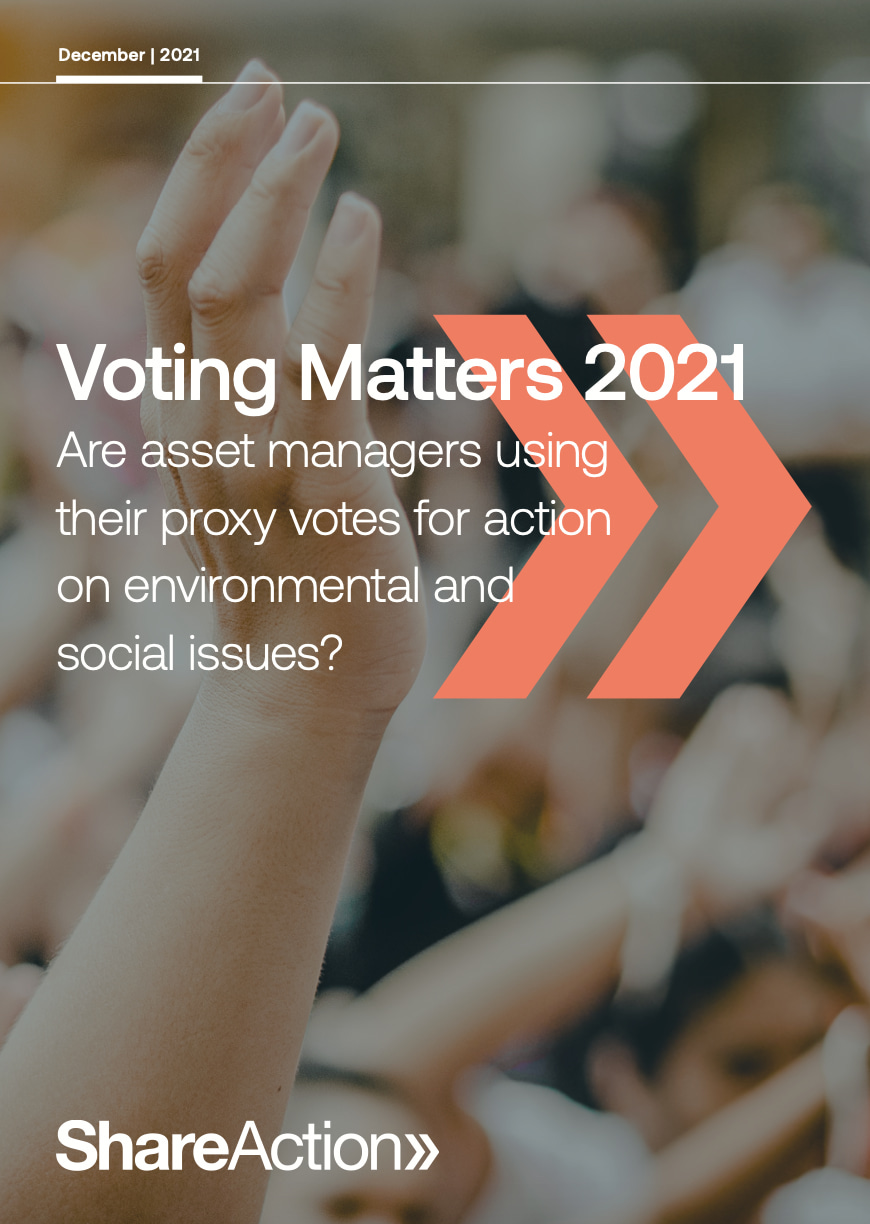
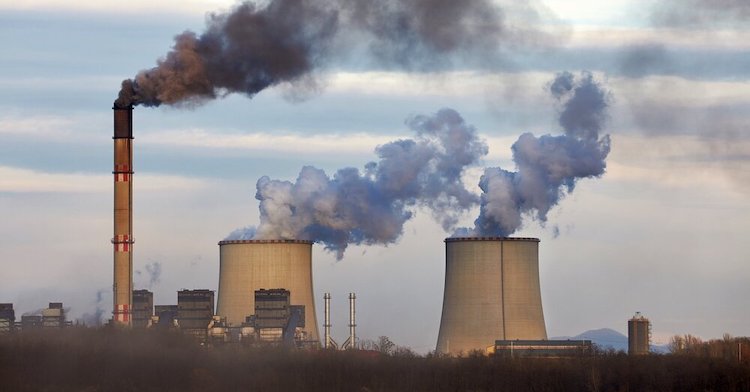





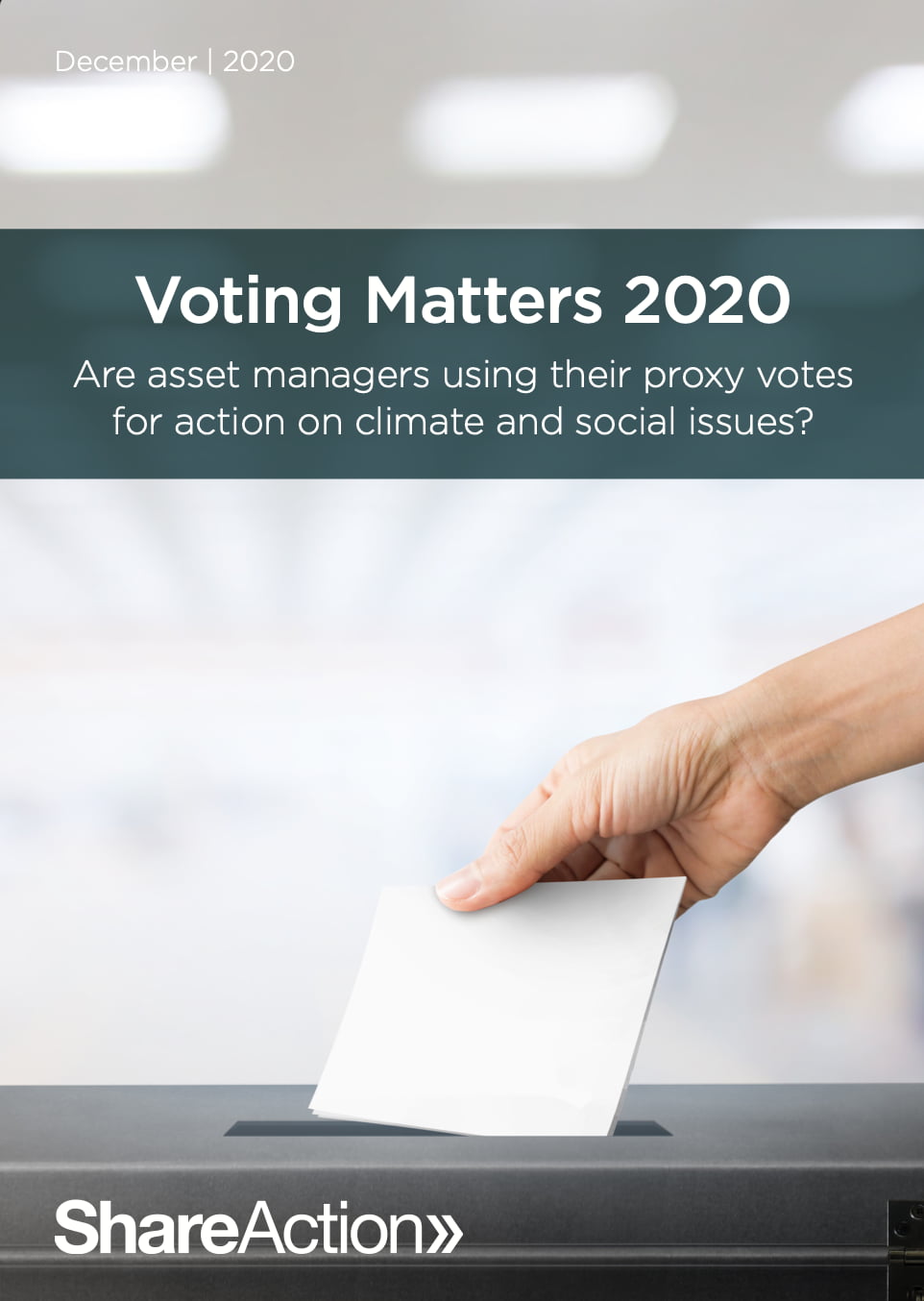
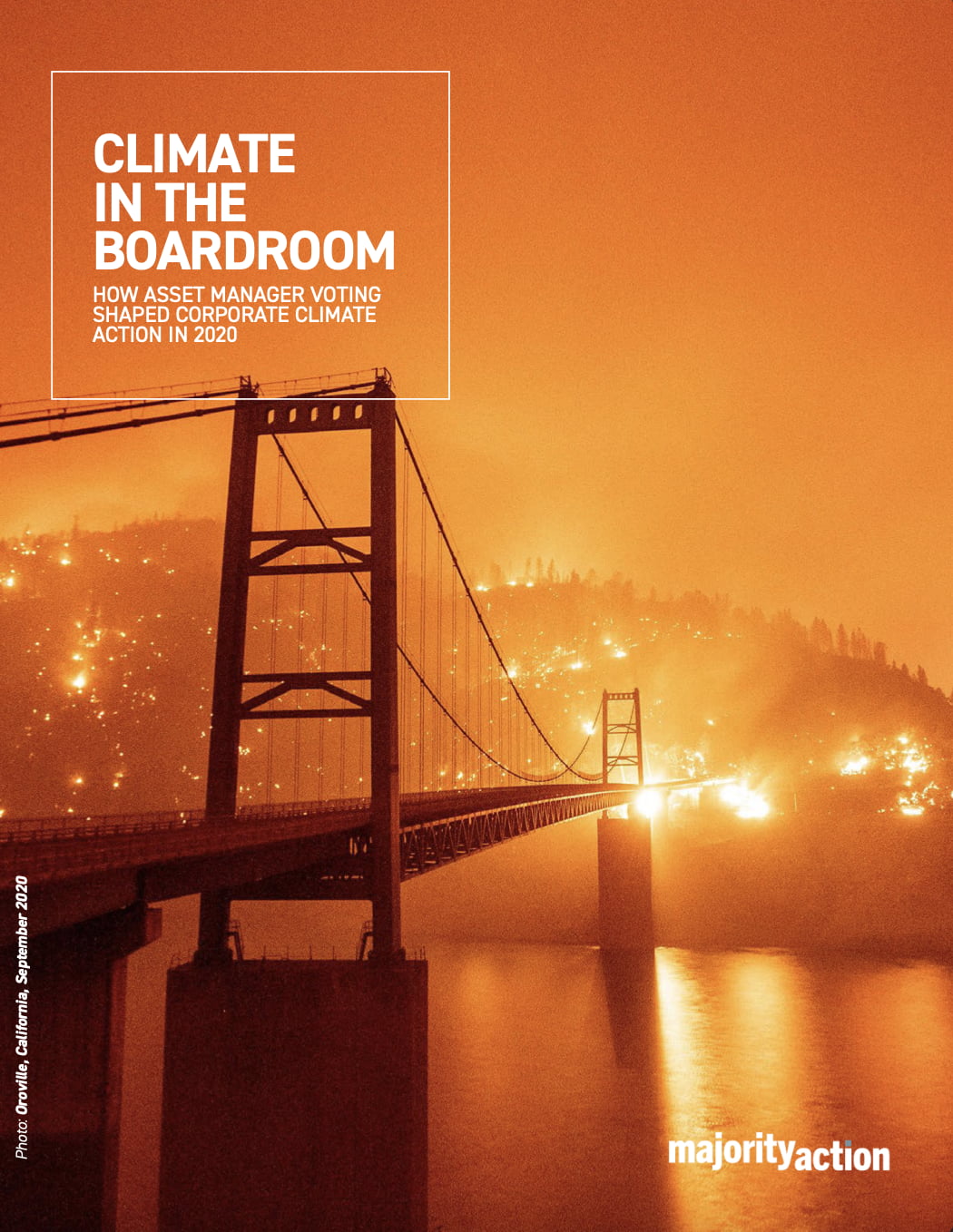
Share